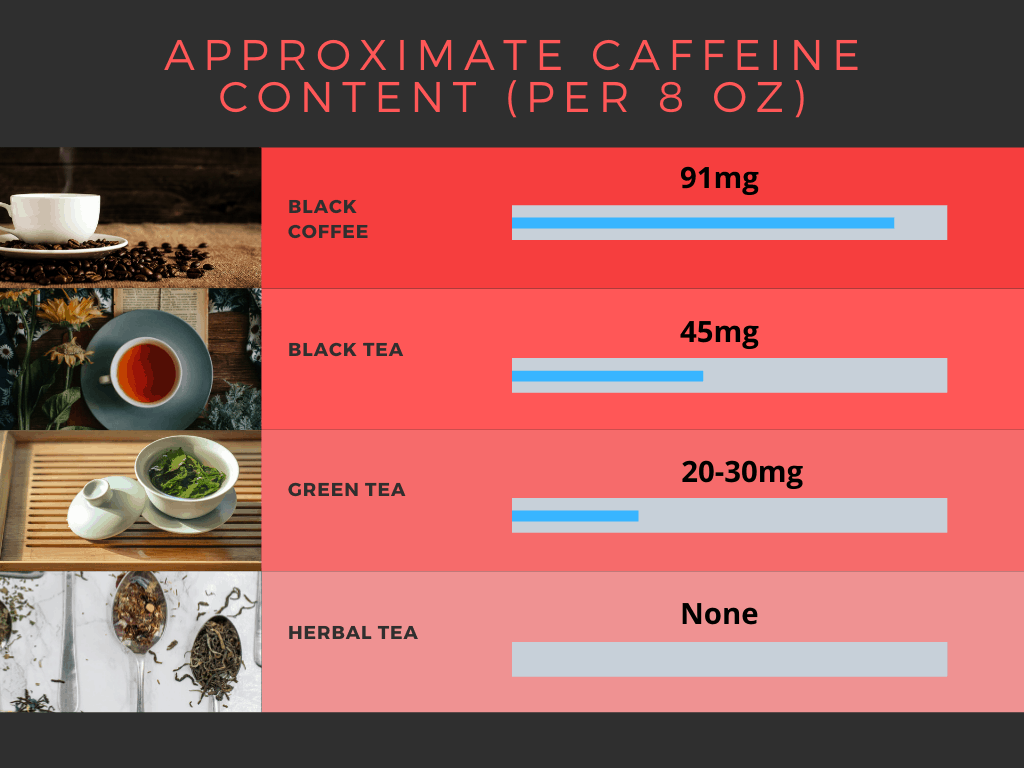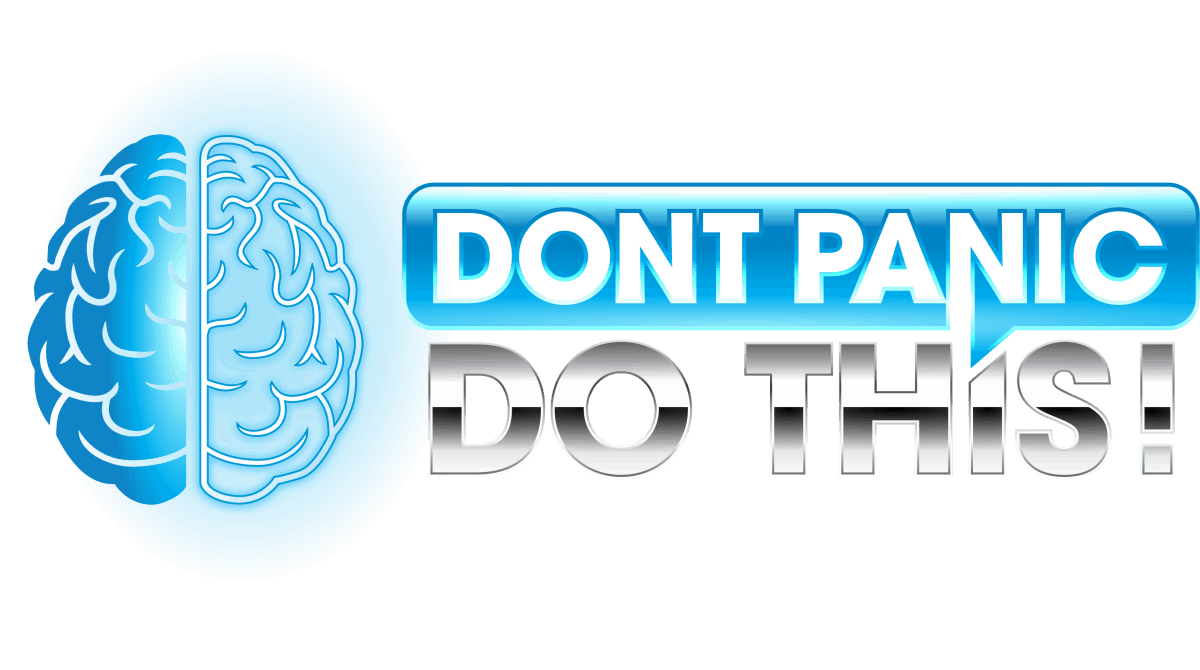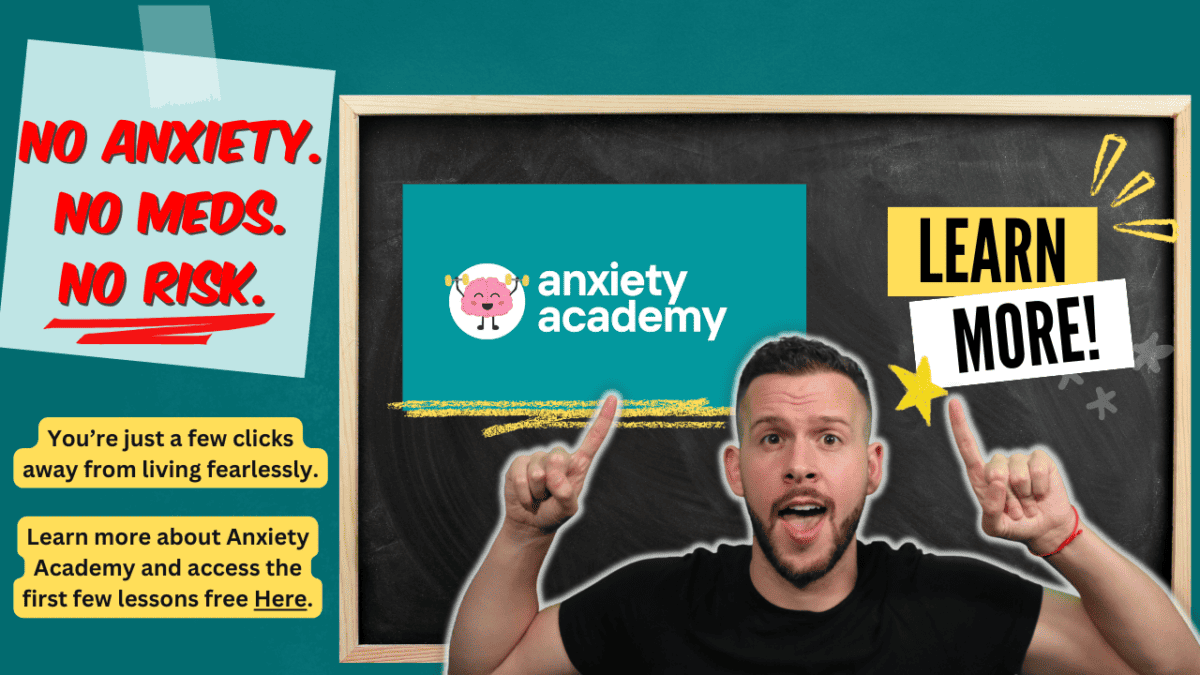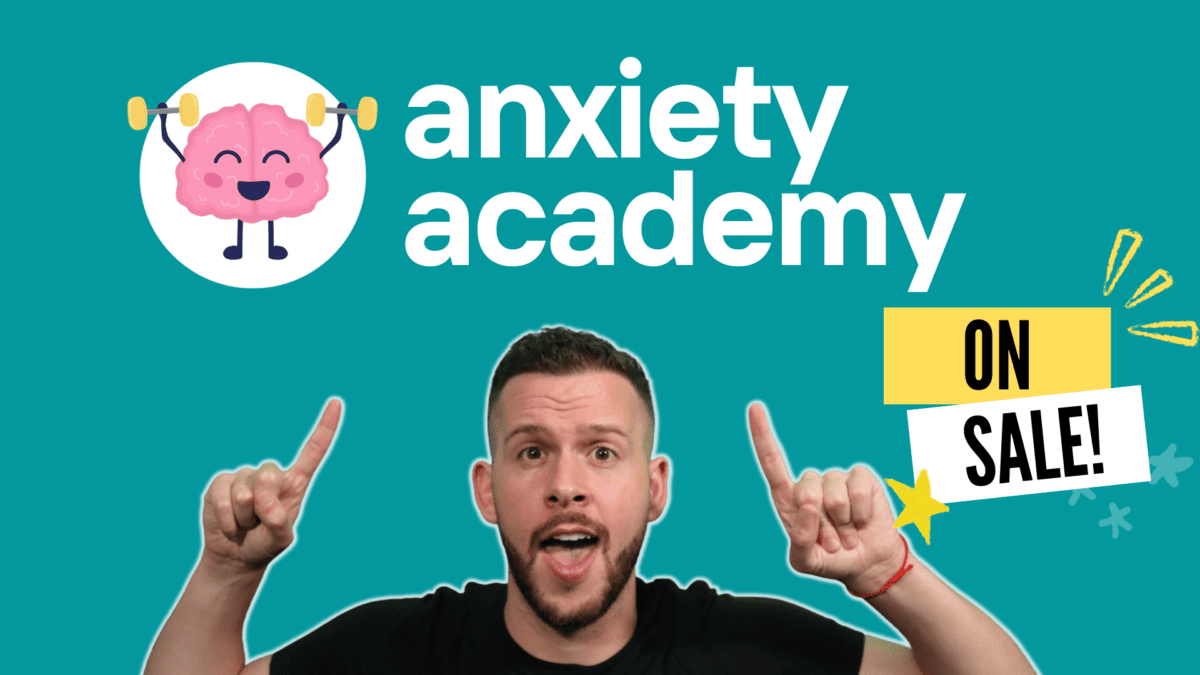If you’re anything like the 90% of Americans that drink caffeine daily, you probably can’t imagine a life without caffeine. However, the benefits of not drinking coffee can be so great, looking into a coffee substitute may be worth your while! So, what are the benefits of not drinking coffee?
The main benefit of not drinking coffee is higher natural energy levels. After some likely difficult withdrawals, you will find it much easier to start each day without a cup of coffee. Additionally, stress and anxiety levels will decrease significantly without caffeine.
Fortunately, there are plenty of caffeine alternatives that can help you to wake up without coffee.
Here’s what we’ll cover in this article:
1.First, I'll give you a quick run-down on the basic science behind caffeine. This will help you to better understand what this drug is doing to your brain, so you can decide for yourself if it's actually worth it. I'll keep this section simple and easy to follow, I promise!
2. Next, I’ll tell you a bit about my own history with caffeine. I’ve had a bizarre love/hate relationship with caffeine over the years. Caffeine addiction snuck up on me, and quitting caffeine came with intense caffeine withdrawals from headaches to heart palpitations.
3. Then, we’ll discuss the pros and cons of caffeine. Caffeine can be a great supplement for many people; but for those of us with anxiety, sometimes its better to opt for one of the caffeine alternatives.
4. Also, I’ll give you a few options for a coffee substitute and caffeine alternatives. Sometimes a coffee substitute means less-caffeinated options, sometimes it means quitting caffeine entirely. You can feel this out for yourself and ultimately make the decision to either quit caffeine or to simply consume less of it.
5. Finally, we'll wrap it all up and review the benefits of not drinking coffee. Life without caffeine has massively improved my quality of life. I'll tell you how quitting caffeine has helped me, and how you can quit caffeine for the same benefits.
Let’s get right into it!
How Does Caffeine Work?
Let's start with some quick science (nothing too complex, I promise). How does caffeine work?
When you wake up each morning, a neurotransmitter called adenosine begins to accumulate in your brain. These neurotransmitters bind to receptors in your brain, making you feel fatigued and tired. The longer you’re awake, the more adenosine transmitters bind; making you need sleep. Each night, your adenosine levels decline, allowing you to wake back up in the morning feeling well-rested and ready to take on the day.
The chemical structure of caffeine is similar to that of adenosine, and so when we drink caffeine throughout the day, the caffeine will compete with the adenosine to bind to these receptors. Unlike adenosine, however, caffeine affects the human brain in a very different way. Rather than feeling tired and fatigued, when caffeine binds to these receptors, your brain activity will be heightened; And because it is competing with the adenosine, less adenosine will be able to bind, and you will not feel the usual sense of fatigue that being awake should bring on.
In other words, caffeine seems to trick the brain into believing that it does not need rest.
My Story of Caffeine Dependence and Caffeine Withdrawal
I’ve always had a tendency to drink like a fish, no matter what it is I’m drinking.
As a kid, my mom used to make iced tea on a daily basis; this would tend to be my go-to drink. I definitely drank more iced tea than I did water. What neither myself nor my mom considered, however, is that there’s about 27mg of caffeine in just ONE cup of iced tea.
The result, unsurprisingly, was that I developed a caffeine addiction without even being aware of it.
I never would have guessed that I was addicted to caffeine, because when I heard “caffeine,” I thought “coffee,” which I didn’t drink.
Around early high school, when I first started to experience anxiety, one of my symptoms was heart palpitations.
I didn’t make the connection until many years later, but caffeine (or rather, caffeine withdrawal) was likely the culprit here.
Now, this was so long ago that I can’t say for sure whether the anxiety and heart palpitations were from drinking too much caffeine or from quitting caffeine. But I’m confident that caffeine played a role in this.
Perhaps my mom stopped making iced tea, or I stopped drinking it for a while, and my body was suffering from caffeine withdrawal without me even realizing it; dramatically exacerbating my anxiety symptoms.
In my adult life, I came to depend on caffeine again to help me get through long work hours.
I loved the “boost” that caffeine gave me; it actually seemed to decrease my anxiety after drinking it… I felt more sociable and better able to interact with people.
Over time, I realized that my anxiety (something I had long since learned to control) would resurface if I skipped my daily cup of coffee for a day or two. This shouldn’t be news to anyone who drinks coffee regularly; you’re not “you” before your daily dose of caffeine.
With every cup of coffee, I was ending my “withdrawal” phase and resetting my addiction to caffeine. I’ve personally never had “caffeine anxiety” from drinking coffee, but I definitely felt more anxious on the days when my body was craving it.
When I finally decided to quit caffeine, I had terrible caffeine withdrawals that last for about two weeks. For two nights I had extremely uncomfortable heart palpitations while laying in bed trying to fall asleep.
For me, this was the final sign that I needed to live a life without caffeine.
The Pros and Cons of Caffeine
I prefer life without caffeine since the benefits of not drinking coffee are immense.
However, I do feel the need to be fair to caffeine. There are some benefits of caffeine that can justify its use for many people. The benefits of caffeine, however, must be weighed carefully against the negative effects of caffeine.
Here are the main points I’ve noticed:
Pros
Cons
Remember, everything is a trade-off. For some people the pros may outweigh the cons. Personally, I will stick to my caffeine alternatives.
How to Wean off Caffeine: Tea as a Coffee Substitute
If you don’t want to quit caffeine, or if you are weaning off caffeine, you may just need a coffee substitute rather than a complete caffeine alternative.
Fortunately, there are a great many coffee substitutes to consider.
One great coffee substitute is tea. Black teas, green teas, and herbal teas all typically have far lower caffeine content than coffee. Here’s a quick reference chart to show how these teas compare:

It’s important to note that, while I used 8oz. as a serving size, many of your favorite coffee shops actually give much larger servings than this. A “venti” coffee, for example, contains 24 oz. That’s THREE cups!
If you’re weaning off caffeine, better to do it slowly than to go cold turkey like I did (hopefully you can avoid some of the worst caffeine withdrawal side effects this way).
Switching to black or green tea is a good way to slowly decrease your daily caffeine consumption.
Once you kick your caffeine dependence entirely you may miss the “morning ritual” of coffee. I know I personally always loved getting work done at a café with a cup of coffee. If this is the case for you, I highly recommend drinking herbal tea as a coffee substitute, as herbal tea is a caffeine-free alternative to coffee.
Other Caffeine Alternatives
If you really want to enjoy the benefits of not drinking coffee, you will have to completely kick caffeine to the curb. But how are you going to wake up in the morning or get work done while living a life without caffeine?
Here are some options for you:
Hot/Cold Alternating Showers – I find that giving my body a bit of a shock first thing in the morning is the best way to wake up with energy. I like to get in the shower (at any temperature) and slowly turn the temperature until it’s as cold as it gets. Some people who do hot/cold alternating showers just jump right in, but I’m not quite tough enough for that yet. However you do it, about one minute of very cold, back to hot, and then one minute very cold again, should be enough to give your body the jump-start it needs. I know it’s the last thing you want to do in the morning, but just try it once and tell me it doesn’t blow caffeine out of the water.
Ginseng – You may recognize the name ginseng from seeing it on any number of energy drink labels. Ginseng is an herbal supplement that has been used for centuries for all number of health benefits. The most relevant benefit of ginseng is its ability to help fight tiredness and fatigue; much like caffeine. Unlike caffeine, however, ginseng is an “adaptogen.” This means that it is an herb that actually helps the body adapt to stress; whereas caffeine causes stress and anxiety. For myself, ginseng is clearly the superior of the two options. As a caffeine replacement, consider adding ginseng to your diet as a food, tea, or supplement.
Rhodiola Rosea – Rhodiola Rosea is another awesome adaptogen that can be used as a caffeine alternative. I take Rhodiola Rosea as a dietary supplement somewhat often to help me get work done. I’m not sure that it gives me the same “boost” that caffeine used to, but it also hasn’t caused me to have withdrawals when I go without it; so, it still wins. The main thing I notice with Rhodiola Rosea is not so much a boost in energy, but rather that I can enter a “flow state” more easily. I find that after taking an adequate dose of Rhodiola, the hours will fly by while I get necessary chores out of the way (writing, painting the house, etc.).
Take a 10-15 Minute Nap – Who doesn’t love nap-time? Look, everyone knows that if you nap for an hour or two, you’re going to wake up groggy, cranky, and confused. But, if you muster the discipline to nap for just 10-15 minutes, you can wake up way more energized than you were before. Such a short nap should not interfere with your sleep schedule when it comes time to sleep at night. So, if you need some rest, get some rest. Better to take a 15-minute nap than get hooked on caffeine again. Still groggy when you wake up? Get in that cold shower!
*Side note – Caffeine works by binding to the adenosine receptors in the brain, tricking your brain into thinking it isn’t tired! It’s not “real” energy that you’re getting from drinking coffee; it’s “fake” energy. And over time, you need more and more caffeine to maintain the same effects, as your brain tries to compensate for this increase in neurotransmitters. Remember: Caffeine is no substitute for real rest! When you’re tired, take a short nap!
Conclusion: The Benefits of Not Drinking Coffee
Caffeine is great for some, and terrible for others.
For years, I thought my relationship with caffeine was great. Little did I know, I was in an abusive relationship with caffeine.
I thought it was giving me energy. I thought it was decreasing my anxiety.
Little did I know, it only made me feel “better” because I was hitting the “reset” button on my caffeine withdrawals.
I’ve been off caffeine for about a year now, and I’ve never felt better. The benefits of not drinking coffee have been incredible for me.
Where I used to feel tired and anxious or unsocial before my morning coffee, I now wake up feeling 100%. I cannot recommend quitting caffeine more highly, especially to those who are currently suffering from anxiety.
My last bit of advice, for anyone considering quitting caffeine for good, is to wean off it slowly. Believe me when I say, the headaches, anxiety, and heart palpitations from caffeine withdrawal can be brutal. Slowly taper off caffeine by drinking tea for a while, and then slowly taper off of the tea.
If you’re anything like me, I guarantee you will feel 100% better in a few months once you are living a life without caffeine and fully enjoying the benefits of not drinking coffee!



